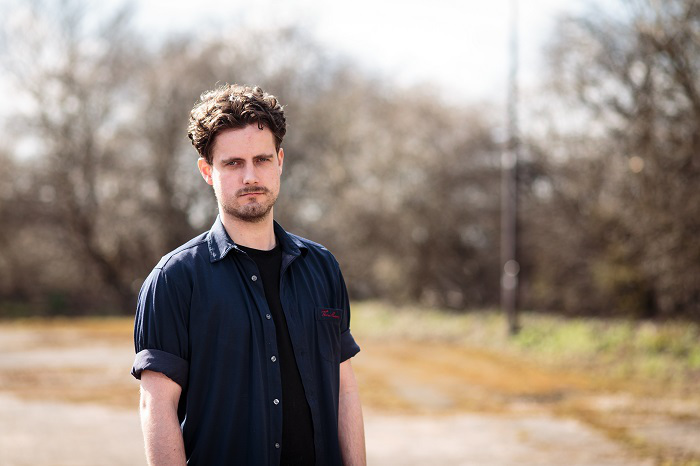There’s a shadow hanging over this show, an ex-partner shaped shadow. Even if you don’t know the background or the context in which this was written, you can sense it. You can sense it in the way Meehan explains the structure of what’s to come, reassuring us it’s OK to laugh when it gets to the heavy bits. You can sense it in the way he’s more keen than normal to thank us for being here. In short, this is not the peppy hour of a guy who is on a roll, loving this Fringe; it’s been a toughie, and was probably always going to be. There’s enough here though, just enough of Meehan’s comedy to reassure us.
The hour’s ended up as a meditation on who Meehan actually is, for reasons that will become apparent. In different circumstances, it could’ve been an hour of Tales From The Working Class. Meehan’s clear about his background, and clear about where that places him in the comedy world, and there’s opportunities here for him to work that to full advantage. His anecdotes ring true, and there’s plenty of them. Mad Mick the next-door neighbour sounds like a standard-issue headcase, his family have (as he sees it) all the right working-class names and he’s got some handy culinary tips for surviving on a tenner a week.
A thread about the pigeon-holing of Northern working-class comedians looks particularly promising, though it’s not exploited to its full potential. He could afford to be more belligerent about this, if he chose. (Then again “belligerent” is exactly the kind of attribute people who don’t like Northern working-class comedians give to Northern working-class comedians).
Occasionally we get glimpses of Meehan in full flow, not introspecting. There’s an inventive idea for what he’d do if he could pause time, and though whinging about friends’ social media posts is a fairly commonplace topic, his use of it to take down a mate who is late for a night out shows creativity. But most of the time, Meehan seems far too pre-occupied to be in free flow, and the reason’s revealed late on…
Meehan’s ex is currently elsewhere on the Fringe doing very well for herself with a show in which he’s portrayed as a gaslighter. In a stark moment, with little comedy to alleviate it, he opens up about how that’s left him feeling, being made out to be one of the hated dickheads he has mentioned elsewhere in the show. Moreover, he says, it wasn’t him doing the gaslighting.
From the outside, there’s always going to be that element of “he said, she said” about a break-up played out in the glare of the Fringe, but this grievance feels raw and deep. It’s not explicitly said, but the thought occurs: who is going to believe the man in this situation? And a working-class man at that. The disparity in venue and profile suggests that on some level the public have already taken a side, or at least that one of the pair has tapped the zeitgeist better. That adds to the tension and makes it a compelling listen, even if actual comedy does get left by the wayside at points.
When he finally closes with a statement of who he is, there’s a few minor callbacks for comedy purposes, but mainly it’s open-handed honesty. Earlier, he’s spoken of his lapsed Catholicism and his time spent in confessionals. In this confessional statement, he holds his hands up to lots of things, but gaslighting isn’t one of them.
None of this should have to be the stuff of Fringe shows. The whole scenario goes way beyond finding comedy in the sadness of a break-up, into very damaging places. Obviously, given what is taking place over in Pleasance Courtyard, this is perhaps the only hour Meehan felt he could do this year. But let’s hope this draws a line under it for him, freeing him to get on with the comedy of which he’s clearly capable.
